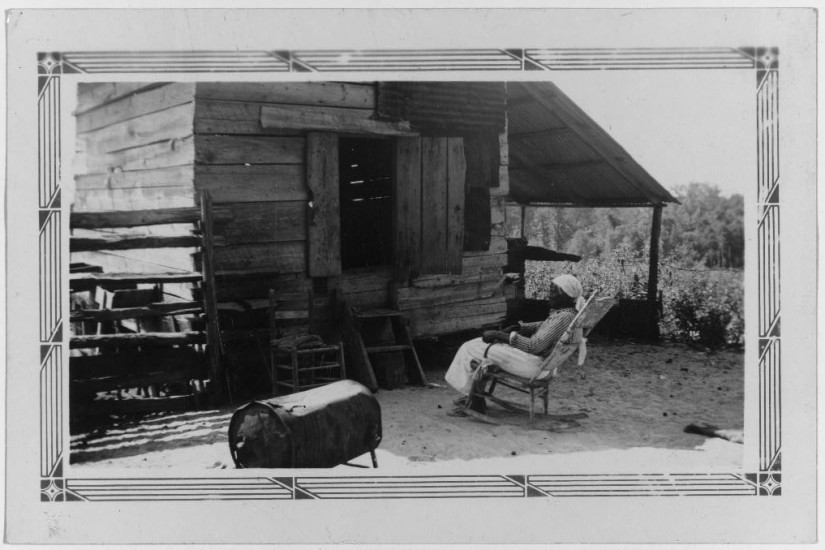The #Metoo movement has made public what women have long known: that sexual assault and harassment are endemic in many workplaces. Using the power of social media, brave women have revealed the abuses men in positions of power have inflicted on the women who worked for them. Women have been revealing the abuses of powerful men for centuries, and at a few points in history — like the moment we are in — their voices have been heard by the wider public. It is important to acknowledge that many of these moments have been started by African American women who risked their lives and reputations to expose the abuses of men.
Like Tarana Burke, whose tweet began the #Metoo movement, Harriet Jacobs, writing under the pseudonym Linda Brent, wrote a book that ripped open the depravities of slavery for public view. Incidents in the Life of a Slave Girl was published on the eve of the Civil War, and details Jacobs’ abuse at the hands of a man she called Dr. Flint, who we now know to be Dr. James Norcom of Edenton, North Carolina. Unlike earlier slave narrative authors, Jacobs did not simply allude to the vile assaults and harassment Norcom inflicted on her, but instead described in detail how he pressed her for sex, touched her inappropriately and punished her for refusing to submit to his demands. Jacobs managed to resist her master’s pressure by entering into a relationship with another white man, with whom she eventually bore two children.
In writing a memoir, Jacobs’ goal was to use her story “to arouse the women of the North to a realizing sense of the condition of two millions of women at the South, still in bondage, suffering what I suffered, and most of them far worse…Only by experience can any one realize how deep, and dark, and foul is that pit of abominations.” By revealing her experiences to the world, Jacobs risked her own reputation.
When Incidents was published, the Civil War had begun and she was not in danger of being recaptured by Norcom, but by admitting she had had an extramarital relationship and borne two children out of wedlock, she risked being labeled a woman of loose morals by a society that did not understand the choice of the lesser of two evils.



























